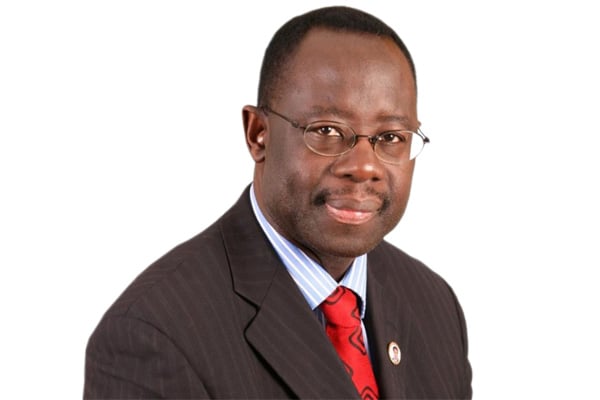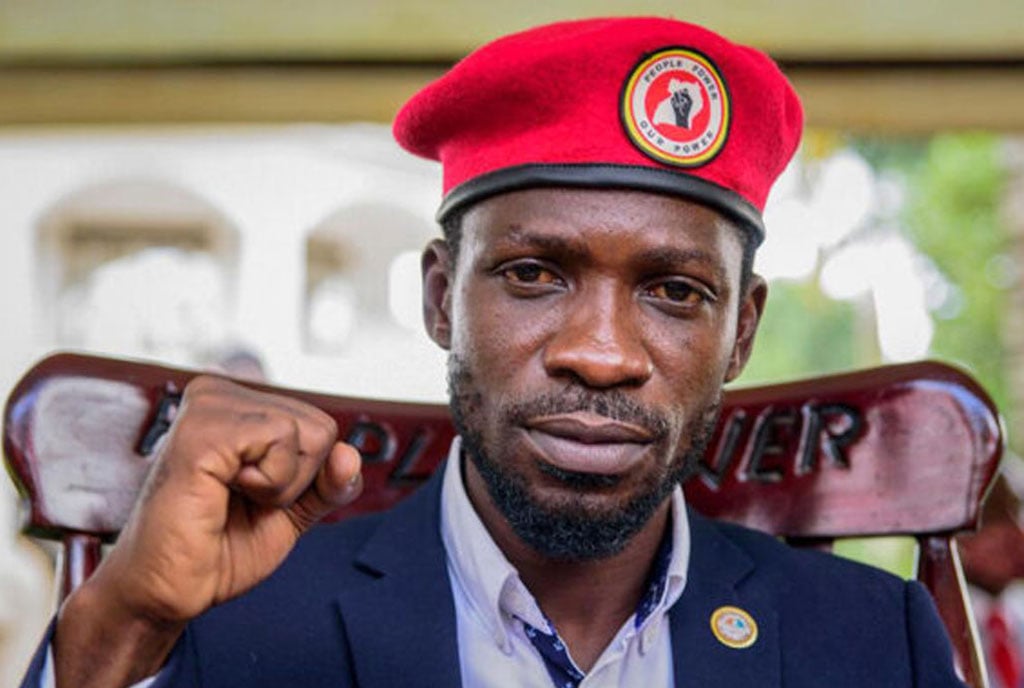Rwabwogo is wrong on Oulanyah

Author: Joseph Ochieno.
What you need to know:
- Hosted by Chris Higenyi, the guest was NRM’s Odrek Rwabwogo and for 32.46 minutes, was a worthy watch, considering my limited attention-span when it comes to NRM guests.
Early in the week, I chanced on a Morning at NTV YouTube clip whose title, ‘Is succession politics at play in Uganda’ compelled my watching.
Hosted by Chris Higenyi, the guest was NRM’s Odrek Rwabwogo and for 32.46 minutes, was a worthy watch, considering my limited attention-span when it comes to NRM guests.
Rwabwogo came across as composed, decent and knowledgeable on matters of his expertise on which, among others, he is Mr Museveni’s advisor. Generous too he was in his tributes to former Speaker of Parliament Jacob Oulanyah, some of the attributes of which I agree and have previously noted.
However, when it came to the reasons for which Oulanyah left Uganda Peoples Congress (UPC) or, rather, joined ruling National Resistance Movement (NRM), he got it fundamentally wrong; suggesting that Oulanyah left UPC because he wanted to lead but his views were not heard.
This is both false and misleading. NRM banned political party activities from the time they came to power in January 1986 until November 17, 2004, when UPC (through court), managed to get the ban lifted.
UPC only managed to get re-registered in March 2005 following which the party convened a national consultative conference in Kampala in April 2005, the first formal political activity for 19 years. I attended as the external (political) head of delegation. I met Oulanyah sometime after this conference, but I do not recall him attending it.
He contested for Parliament in 2006 on UPC ticket and lost. Most observers attribute this loss to NRM’s term limit constitutional amendment, the committee for which he had chaired. In July that year, he crossed to NRM. Where is the evidence that Oulanyah wanted to lead UPC at the time – he possibly could have, had he remained – a party that had freed itself from the yoke of monolithic NRM hardly one year earlier?
Both Oulanyah and UPC were victims of the shameless restrictions created by NRM – the cowardly, later codified Article 269 of the 1995 Constitution – which ensured political parties remained only in name but could not open branch offices, operate existing offices, hold party meetings or conferences to formulate policies or elect leaders, sponsor or campaign for candidates during elections and, cheekily, that they “may not do any such other things that may be deemed to interfere with the Movement political system” then in force!
These provisions ensured every Ugandan was forcefully made a member of NRM through coercion, co-option, conscription, legally and by force. By 2005, only the brave, solid and deeply principled could openly associate with UPC. I continue to hail, especially the youth who were able to see through the NRM froth over the previous 20 years and still related and associated with UPC.
In this regard, I again reject Rwabwogo’s attempts to suggest that NRM has been the single largest recruiter since 1971. This statement cannot be qualified. Instead, Yoga Adhola, one of the two (with Mr Museveni) surviving founding members of Fronasa, the precursor to NRA/NRM, suggests that by 1975/76 or thereabouts, there was no such thing as Fronasa.
Despite massive recruitments leading to the 1979 liberation war, the numbers both in military and political wing (UPM) based on the performance during the 1980 general elections refer.
Any wonder that on arrival in Kampala in January 1986, NRA/M had to ban leading political parties, namely DP and UPC, in order to feed on their numbers, close the gate and suck-onto every Ugandan that became of age from then till 2005? That is no strength for pride.
However, I agree with Rwabwogo that circumstances change but characters remain. That character shapes institutions. That leadership is about restrain even under harsh provocations. That, calibres of our leaders are dependent on the quality of the institutions we build; that effective institutions indeed restrain leaders.
Circumstantially then, Uganda is blessed with the same leadership that has always been opposed to multi-party competitive politics, except now dressed in conveniences of the times. You decide.
The writer is a pan-Africanist [email protected] @Ochieno




